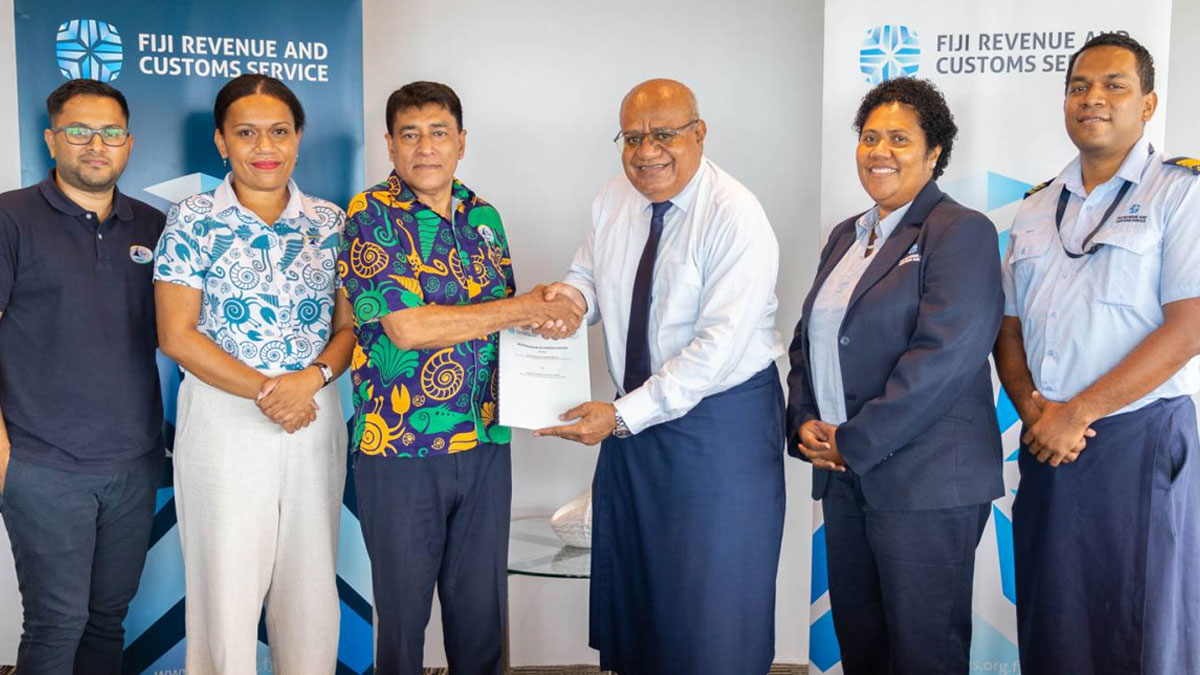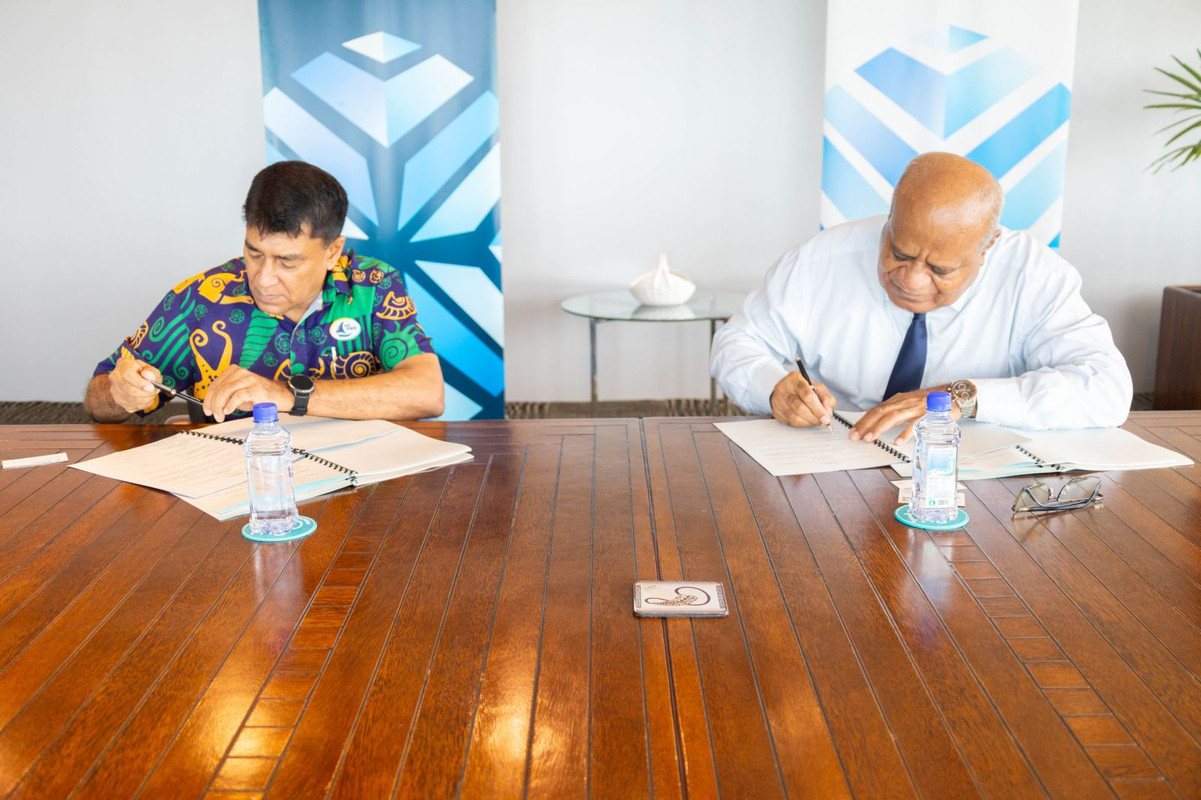
The Fiji Revenue and Customs Service have signed a Memorandum of Understanding with the Fiji Ports Corporation Limited to establish a framework for collaboration and cooperation in the delivery of services in Fiji within the vicinity of seaport entry.
Under the MOU, both parties will consult and assist each other on sharing of relevant information and resources, develop and implement enforcement strategies and strengthen capacity building activities such as joint operations or training to ensure both parties are able to carry out their respective mandated and legislated functions and operations.
FRCS says they will offer training sessions to Fiji Ports Corporation Limited officers covering taxation, customs, and border control matters.
It adds that it will also collaborate with FPCL by exchanging pertinent customs border data, offering advice on the technical aspects of collaborative operations, and keeping FPCL informed about any updates or changes to FRCS policies or laws.
In return, FPCL is tasked with sharing necessary information, such as vessel schedules and details of FPCL-owned facilities, essential for FRCS to fulfill its border-related duties effectively.

FPCL is also committed to sustaining its support for FRCS in terms of fostering partnerships and maintaining business continuity.
The MOU was signed by FRCS Acting CEO Malakai Naiyaga and FPCL CEO Vajira Piyasena at the FRCS Headquarters in Nasese, Suva.
Naiyaga says maritime transport accounts for almost 80 percent of the global trade volumes and maritime stakeholders, including FPCL are FRCS’s key strategic partners in border management.
He says strengthening cooperation between FRCS and FPCL will significantly enhance the efficiency and effectiveness of both FRCS and FPCL in facilitating and controlling the transportation and movement of goods across borders which are critical to the development of our national economy and for economic growth.
He adds working together will enable FRCS and FPCL to ensure that necessary inspections and formalities are completed in a timely and efficient manner, and in protecting our major seaports from any breaches.
Naiyaga says given the nature of our borders and resource challenges that we have, he cannot overstress the importance of effective collaboration amongst relevant agencies in our border protection.
He adds the signing of the MOU is a step forward towards that.
Stay tuned for the latest news on our radio stations

